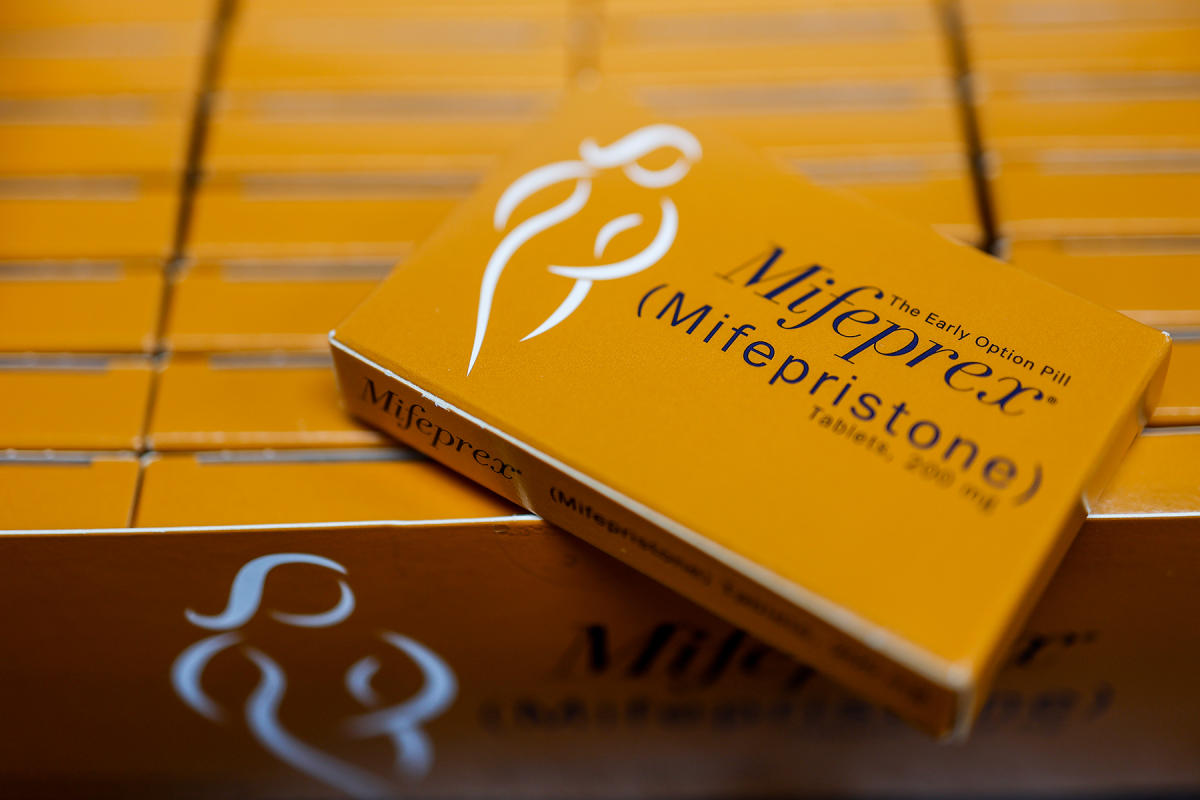But what happens in the 1970s is, first of all, with the passing of Roe v. Wade, you see a spike in the number of abortions. And that causes many Americans, not just evangelicals, to kind of rethink is this what we wanted? But I think more importantly, you have the rise of second-wave feminism and, in conservative, white, evangelical spaces, a real backlash against feminism. And over the course of that decade, abortion becomes linked to feminism. And so you see the sentiment start to shift so that in 1979, when political activist Paul Weyrich identifies abortion as a potential to really mobilize conservative evangelicals politically, to help build the Moral Majority, then it is a very effective mechanism for doing so. And from 1979 on, that's when you see a real kind of shrinking of space within conservative evangelicalism to have any view on abortion that isn't strictly and staunchly pro-life, life begins at conception.

au.news.yahoo.com

